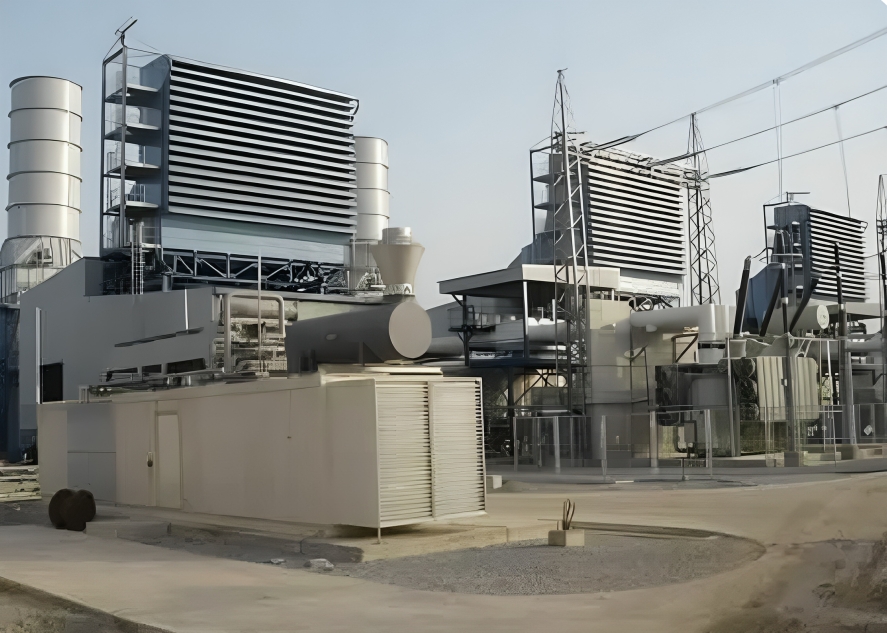KEY POINTS
- Oil-exporting African nations face revenue and budget volatility from price swings.
- Importing countries battle inflation and trade imbalances due to oil costs.
- Investments in renewable energy and diversification aim to mitigate risks.
Fluctuating oil prices have long posed challenges to African economies, many of which are heavily dependent on either oil exports or imports. While some nations benefit from high prices, others suffer under rising costs, and the reverse is true during price drops. This duality creates a volatile economic environment that disrupts national budgets, trade balances, and development strategies.
Oil-exporting nations face revenue volatility and diversification struggles
For African oil-exporting nations such as Nigeria and Angola, fluctuating oil prices have a profound impact on government revenues. Nigeria, Africa’s largest oil producer, derives more than 70% of its government revenue from oil exports (Reuters). When oil prices rise, these countries experience windfalls, allowing them to boost public spending on infrastructure and social programs. However, when prices fall, revenues plummet, leading to budget deficits and economic instability.
For instance, Nigeria’s economy contracted during the 2020 oil price crash caused by the COVID-19 pandemic. The country struggled to meet its fiscal obligations as oil earnings dwindled, highlighting its overreliance on a single resource (World Bank).
Moreover, the dependence on oil revenues often hampers economic diversification. Angola, another major oil producer, has faced difficulties in developing non-oil sectors due to the dominance of oil in its economy. This reliance leaves these countries vulnerable to external shocks, undermining efforts to build resilient economies.
Debt accumulation is another challenge. During periods of high oil prices, many oil-exporting nations take on significant debt, expecting continued revenue growth. However, when prices drop, servicing these debts becomes difficult, leading to economic crises. The International Monetary Fund (IMF) has highlighted this pattern in countries like Chad and Gabon, which have faced debt restructuring due to oil price shocks (IMF).
Rising oil costs burden importing countries with inflation and trade deficits
For oil-importing African nations, rising global oil prices translate directly into economic strain. Countries like Kenya and Ghana face higher fuel costs, which increase transportation expenses and push up the prices of goods and services. This inflationary pressure erodes household incomes and slows economic growth.
In 2022, Kenya experienced an inflation surge when global oil prices spiked following the Russia-Ukraine war (The Standard). Fuel shortages and rising costs disrupted businesses and worsened living standards, illustrating the vulnerabilities of oil-importing economies.
Additionally, high oil prices exacerbate trade deficits in importing countries. Ghana, for example, spends a significant portion of its foreign exchange on oil imports, worsening its trade balance during periods of elevated prices. According to the Bank of Ghana, the country’s trade deficit widened in 2021 due to increased oil import bills (Bank of Ghana).
Energy security is another pressing concern. Countries reliant on oil imports are susceptible to supply disruptions and price volatility, making it imperative to invest in alternative energy sources. South Africa, for instance, has faced recurrent energy challenges tied to global oil price fluctuations, prompting a push toward renewable energy solutions (Bloomberg).
Policy strategies and renewable energy offer hope for economic stability
To address the challenges posed by fluctuating oil prices, African countries are adopting various policy measures and long-term strategies:
- Stabilization Funds
Oil-exporting nations like Nigeria have established sovereign wealth funds to manage revenue volatility. The Nigerian Sovereign Investment Authority (NSIA) channels surplus oil revenues into savings and investments, cushioning the impact of price declines (NSIA). - Fuel Subsidy Reforms
Removing or reducing fuel subsidies is another strategy to alleviate fiscal pressures. Nigeria’s recent subsidy removal aims to redirect funds toward infrastructure and social services. While controversial, such reforms are essential for sustainable fiscal management (Reuters). - Investing in Renewable Energy
Many African nations are turning to renewable energy to reduce dependence on oil. Morocco, for instance, has invested heavily in solar and wind energy projects, positioning itself as a leader in green energy on the continent (IEA). Similarly, South Africa’s renewable energy programs are helping to diversify its energy mix and reduce vulnerability to oil price swings. - Economic Diversification
Efforts to diversify economies beyond oil are gaining momentum. Nigeria’s Economic Recovery and Growth Plan (ERGP) focuses on developing agriculture, manufacturing, and services to reduce reliance on oil revenues (Nigeria’s ERGP).
The impact of fluctuating oil prices on African economies is profound and multifaceted. Oil-exporting countries face revenue volatility, debt challenges, and diversification struggles, while importing nations grapple with inflation, trade deficits, and energy insecurity.
However, there is hope. By adopting strategic policies, investing in renewable energy, and diversifying their economies, African nations can mitigate the risks of oil price volatility and chart a more sustainable economic future. As the global energy landscape shifts toward renewables, Africa has an opportunity to lead in creating resilient economies that are less dependent on the unpredictable oil market.



